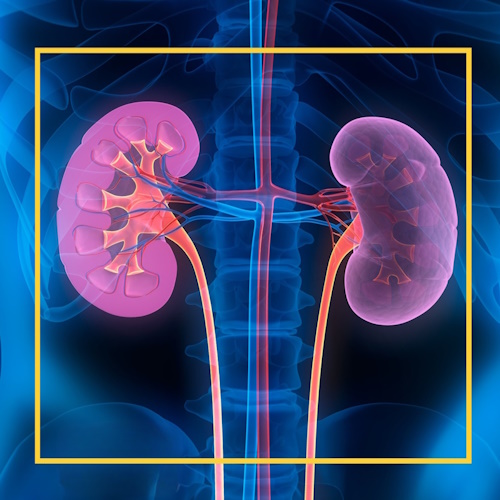Does Creatine Cause Kidney Disease? (My Blood Test Story)
Optispan podcast episode - Matt explains the truth about creatine and kidney function
In this episode, Matt explores whether creatine supplementation truly harms the kidneys. Drawing on personal blood test results, he unpacks how standard kidney markers can sometimes give misleading signals, especially for people who use creatine, have higher muscle mass, or follow high-protein diets.
Key Points:
Creatine supplementation can raise blood creatinine levels, but this doesn’t necessarily mean the kidneys are damaged—it can simply distort routine test results and suggest disease where none exists. Relying on alternative markers such as cystatin C provides a more accurate assessment of kidney function, helping to distinguish between a harmless supplement effect and true kidney problems.
- Creatine’s Benefits and Concerns: Creatine is widely used for muscle and cognitive health, but its structural similarity to creatinine (a kidney function marker) raises questions about false alarms in blood tests.
- Blood Test Surprise: After taking 10 g/day of creatine, the host’s blood creatinine spiked, lowering his estimated kidney function (eGFR) to a level consistent with early kidney disease.
- Cystatin C- A Better Marker: A follow-up test using cystatin C—a more reliable kidney biomarker—showed normal kidney function, revealing that creatine supplementation had only created a misleading lab result.
- Other Factors That Skew Results: High muscle mass, protein-rich diets, dehydration, and intense exercise can also elevate creatinine, meaning standard tests may overestimate kidney damage.
Visit website: https://www.youtube.com/watch?v=7a_CgNvgdWU
See alsoDetails last updated 18-Sep-2025





